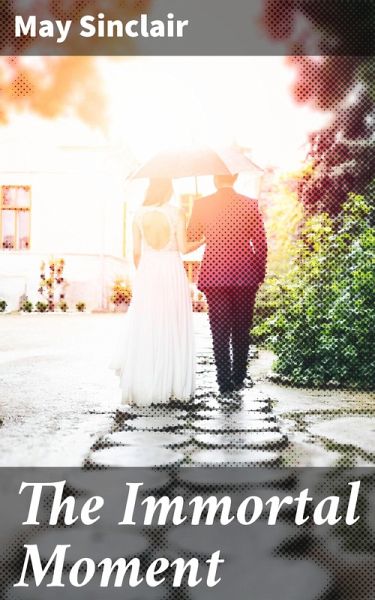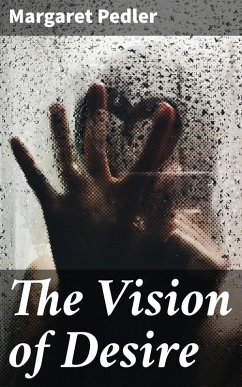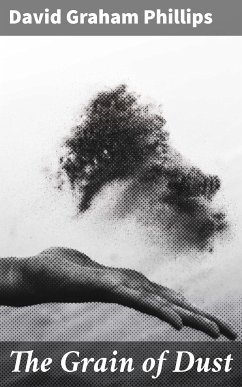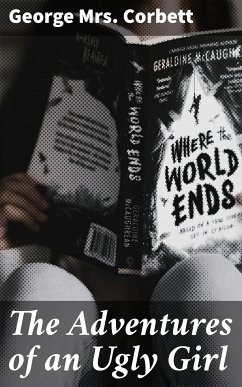
The Immortal Moment (eBook, ePUB)
The Story of Kitty Tailleur

PAYBACK Punkte
0 °P sammeln!
In "The Immortal Moment," May Sinclair expertly weaves a psychologically rich narrative that delves into the nature of artistic inspiration and the ephemeral beauty of life. Set against the backdrop of the early 20th century, the novel employs a stream-of-consciousness style that intricately captures the inner thoughts of its characters, enhancing the reader's connection to their emotional arousal and existential dilemmas. Sinclair's exploration of the complexities of relationships and the quest for meaning echoes the sentiments of the Bloomsbury Group contemporaries while paving the way for t...
In "The Immortal Moment," May Sinclair expertly weaves a psychologically rich narrative that delves into the nature of artistic inspiration and the ephemeral beauty of life. Set against the backdrop of the early 20th century, the novel employs a stream-of-consciousness style that intricately captures the inner thoughts of its characters, enhancing the reader's connection to their emotional arousal and existential dilemmas. Sinclair's exploration of the complexities of relationships and the quest for meaning echoes the sentiments of the Bloomsbury Group contemporaries while paving the way for the modernist literary movement. May Sinclair, a prominent figure in the early feminist literary movement, drew upon her own experiences and advocacy for women's rights to fuel her writing. Sinclair, a prolific author and intellectual, engaged deeply with themes of identity, psychology, and spirituality throughout her career. Her background as a suffragist and her keen interest in the human psyche undoubtedly influenced her portrayal of characters grappling with their ambitions and desires in "The Immortal Moment." This novel is highly recommended for readers seeking a profound exploration of the intersection between art, existence, and the inescapable passage of time. Sinclair'Äôs haunting prose invites contemplation and resonates with anyone pondering the significant moments that define their lives.
Dieser Download kann aus rechtlichen Gründen nur mit Rechnungsadresse in A, B, BG, CY, CZ, D, DK, EW, FIN, F, GR, H, IRL, I, LT, L, LR, M, NL, PL, P, R, S, SLO, SK ausgeliefert werden.













